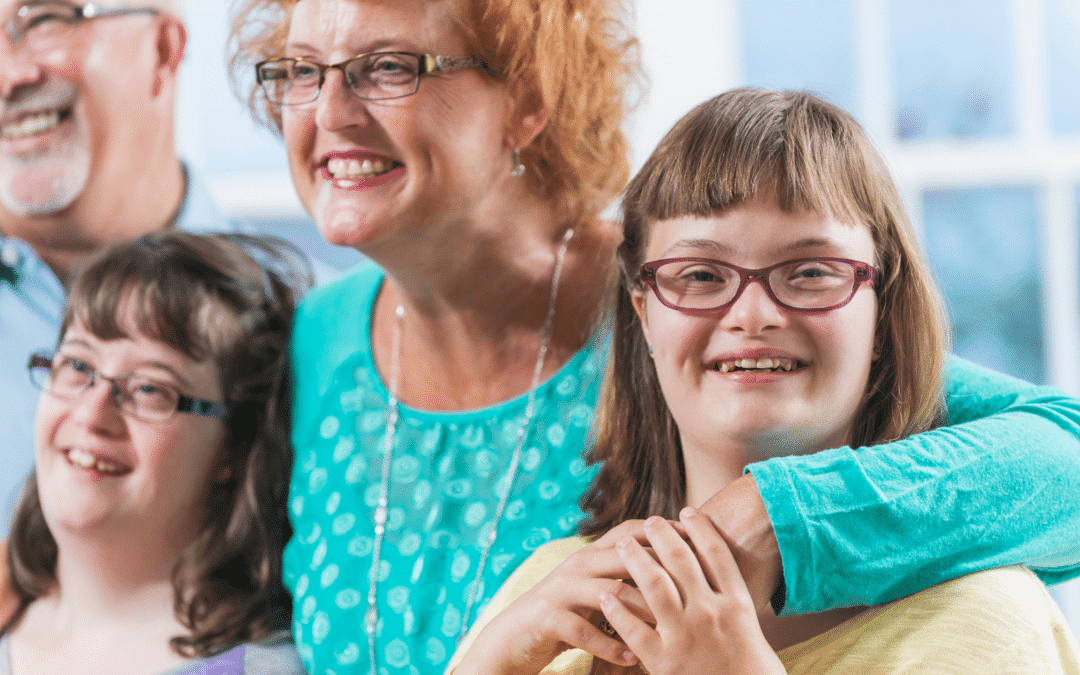Monday 15 May is the United Nations International Day of Families, which got us thinking about the role of family members in the lives of people with disability. It can mean being called on for different things throughout that person’s life. Some examples include being a companion, a friend, a carer, a legal guardian, an advocate, a decision maker and an all-round champion for the rights and independence of someone you care about. Here are five things to know about being a family champion for a person with disability.
#1 People with disability have the same rights as everybody else
People with disability have the same human rights as everybody else. Human rights mean that everyone should be treated fairly, with dignity and respect. Human rights apply to all people everywhere – no matter what their capacity, age, ethnicity, sex, disability or religion is. A person cannot lose their human rights or have them taken away, even when they get older or if they get sick. Australia is a party to the United Nations (UN) Convention on the Rights of Persons with Disabilities, which means ensuring people with disability are treated equally.
#2 A champion is also an advocate
Advocacy is when you support another person to express their views and wishes and help them stand up for their rights. Huge progress has been made in the disability support space, but there is more progress to be made. Some places you might need to remind people that people with disability have the same rights as everybody else are service providers, healthcare professionals, community workers, and your family and friends.
#3 Being a champion means being led by the person you’re a champion for!
This is especially true if you are not a legal guardian, as the law assumes that everyone has capacity, and can (and should) make decisions for themselves. Only legal guardians are fully empowered and supported by law to make decisions on behalf of another. Your first port of call should be your person with disability. How do they think or feel about something? What would they like to experience? How can you support them to achieve their goals?
#4 The best decision-making is supported decision-making
Everyone needs help with decision-making from time to time. When someone needs assistance to make decisions, it’s called supported decision-making. This is about putting the person’s thoughts and feelings at the centre of decision-making. It might involve helping them learn more about a topic, helping them to understand the potential consequences of decisions…and being patient. Sometimes decisions take time.
#5 We’re here to support you when things get tough
It’s not always easy being a champion for a person with disability. Remember that Afford is here for you when the going gets tough. Please get in touch with your family member or care recipient’s case manager or support worker if you’d like to talk about a challenge you’re experiencing.
Read more about supported decision-making at this Afford blog. Read more about the UN Convention on the Rights of Persons with Disabilities in this Easy Read document, or read the Afford Human Rights Policy.
Was this page helpful?
Is there anything missing on this page? Please let us know
Is there anything missing on this page? Please let us know
